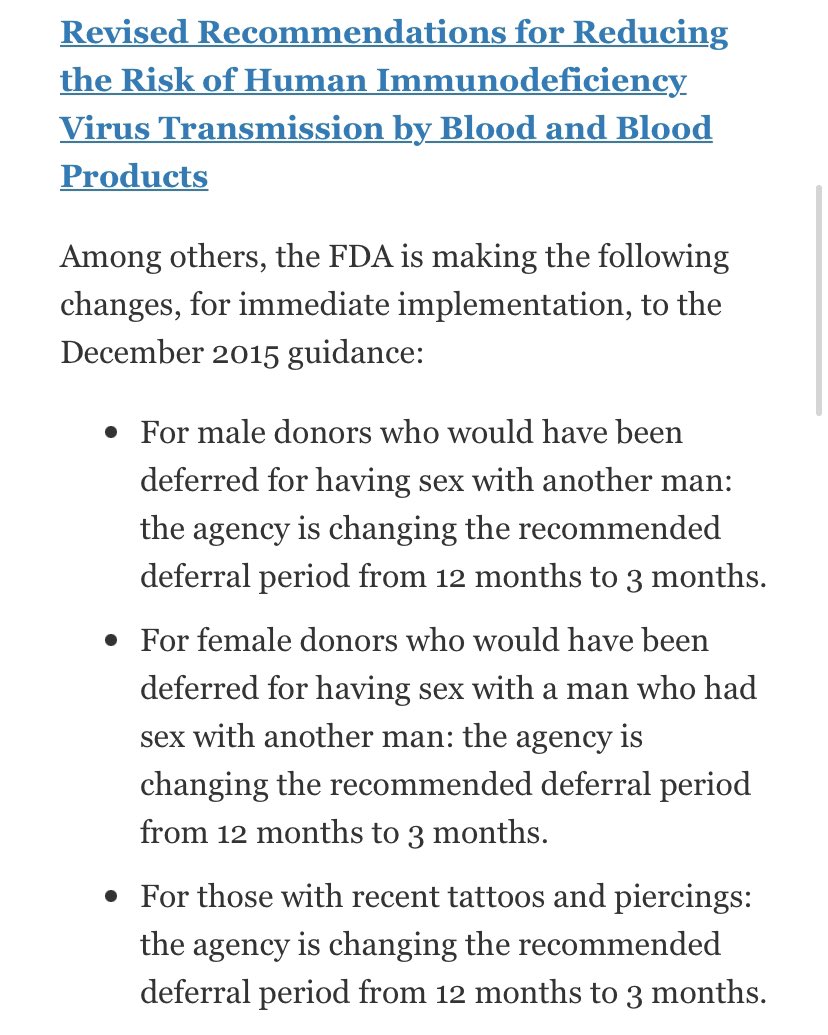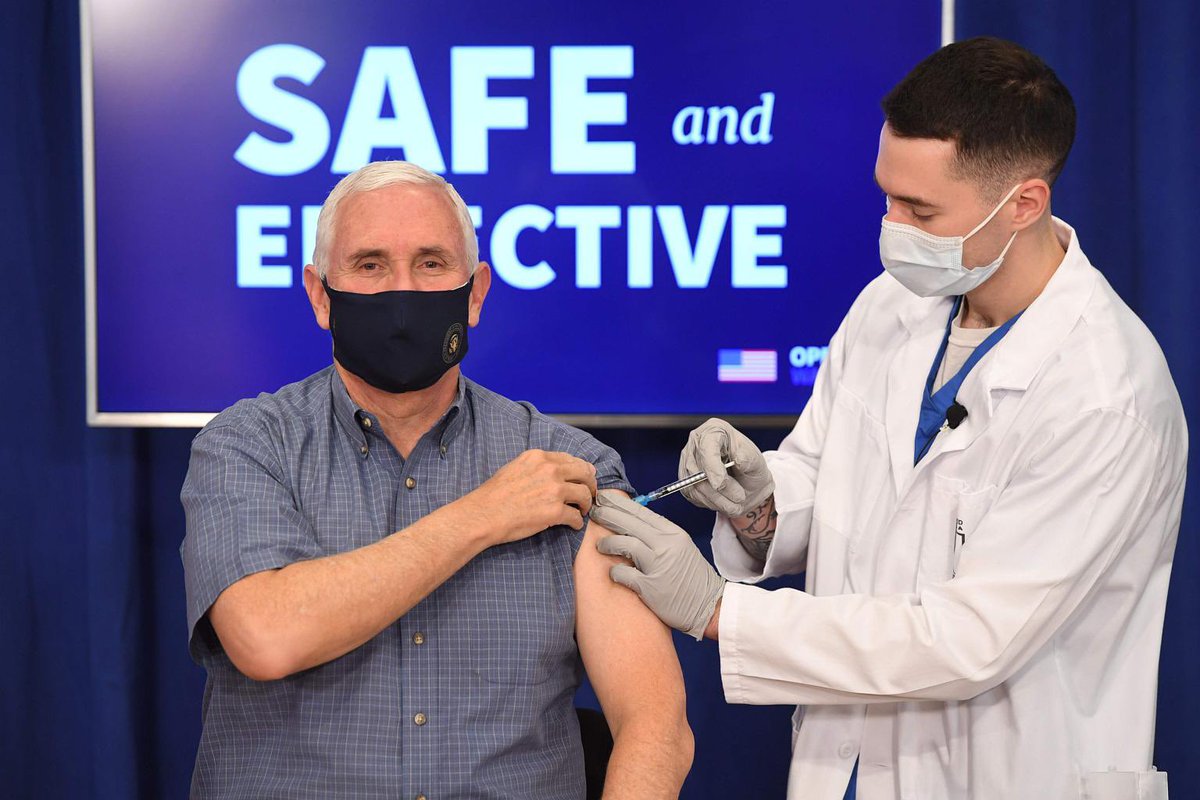
Some have asked for the “data” supporting my tweet. The risk of a correlating death after vaccination is less than 2/1000th of a percent. (And that’s all reported deaths but correlation doesn’t = causation). The correlation actually ⬇️ the younger you are.
cdc.gov/coronavirus/20…
cdc.gov/coronavirus/20…
https://twitter.com/JeromeAdamsMD/status/1405200025345536003
About 2600 people under age 30 have died in US from Covid. As best as I can find (hard to get a breakdown of such rare events) that’s 100s to 1000x the number of correlated deaths after vaccine in that age group. Hence risk of vax clearly less than risk of Covid. Even for young. 

This is all in the context of continuing viral spread. Because risk from Covid is obviously directly related to risk of being infected in first place. IF we get Covid under control, the risk/ benefit ratio could change. But right now risk of infection still high in places.
As far as walking the talk, both my eligible kids have been vaxxed. I’m just helping people understand my reasoning for #whyIvax. Everyone needs to make up their own mind. But based current data, risk of vax is less than risk of Covid. At all ages.
• • •
Missing some Tweet in this thread? You can try to
force a refresh













